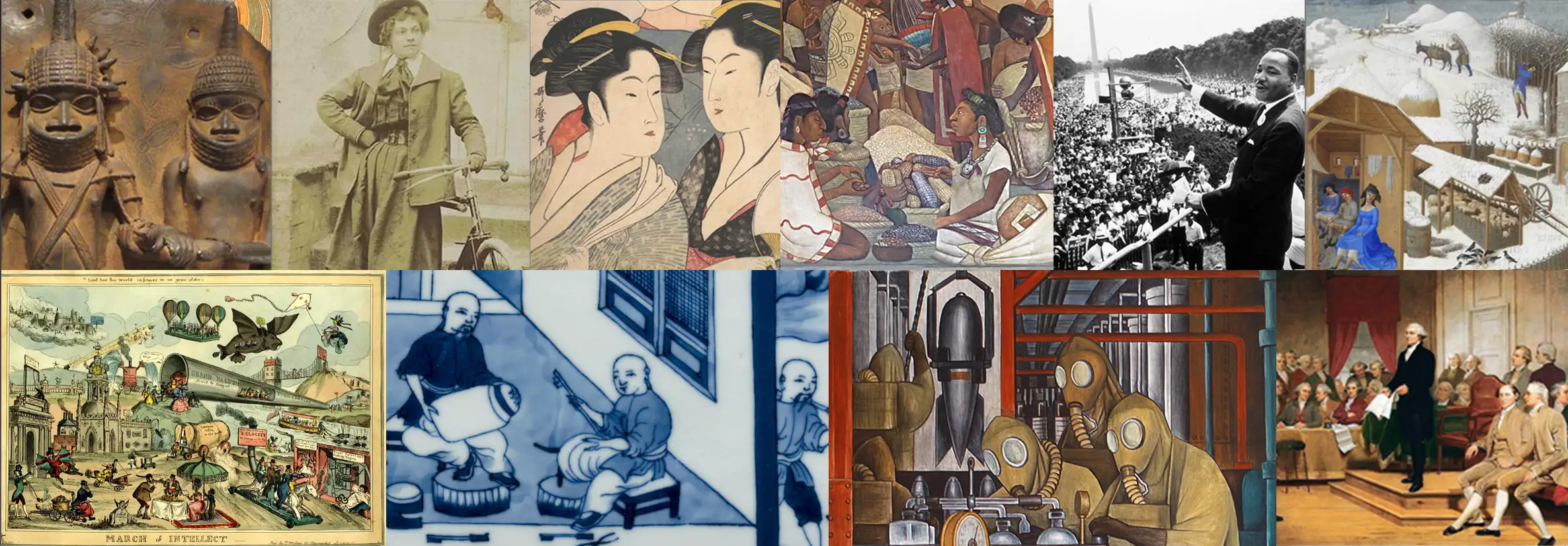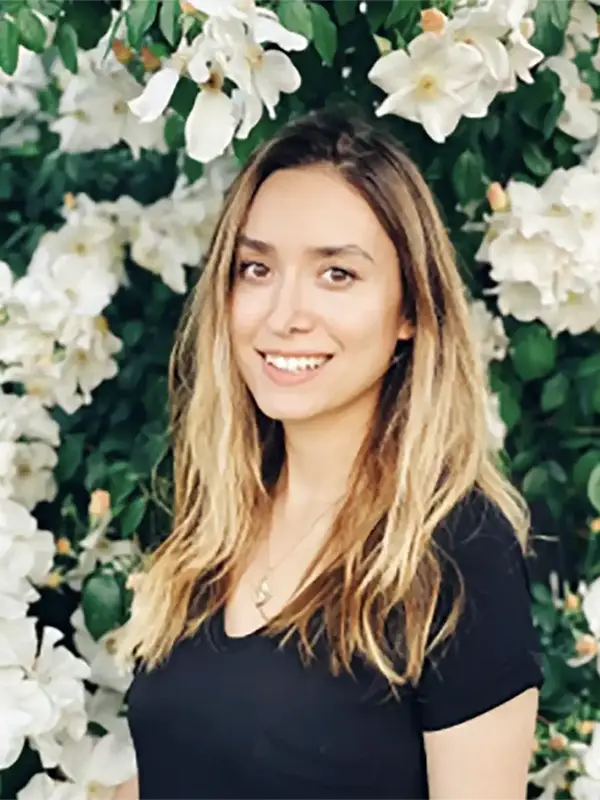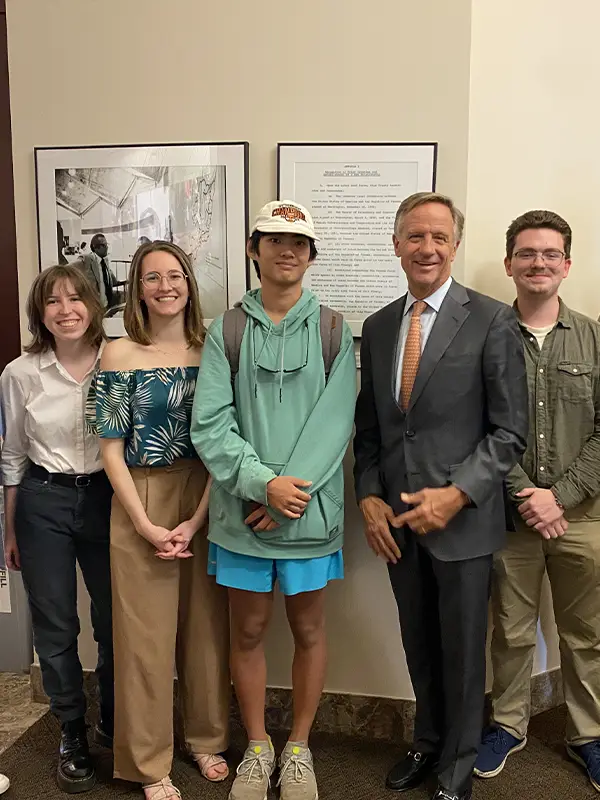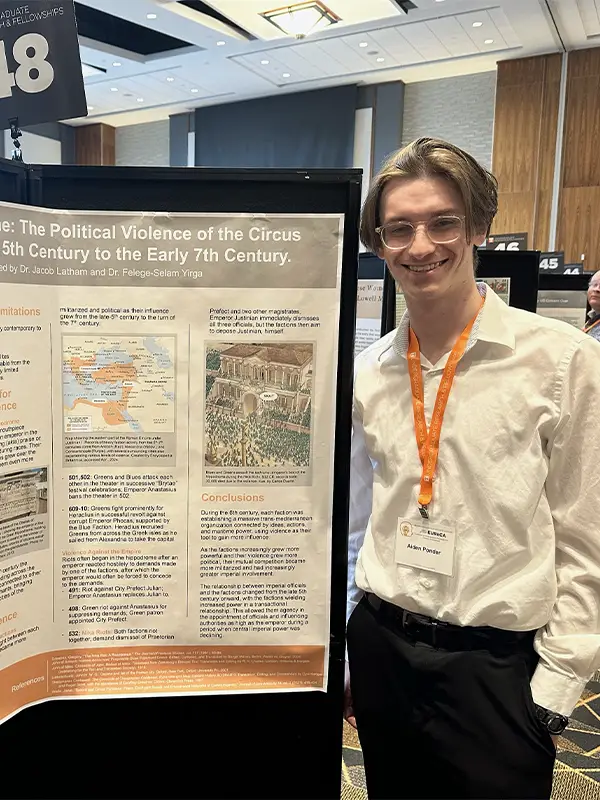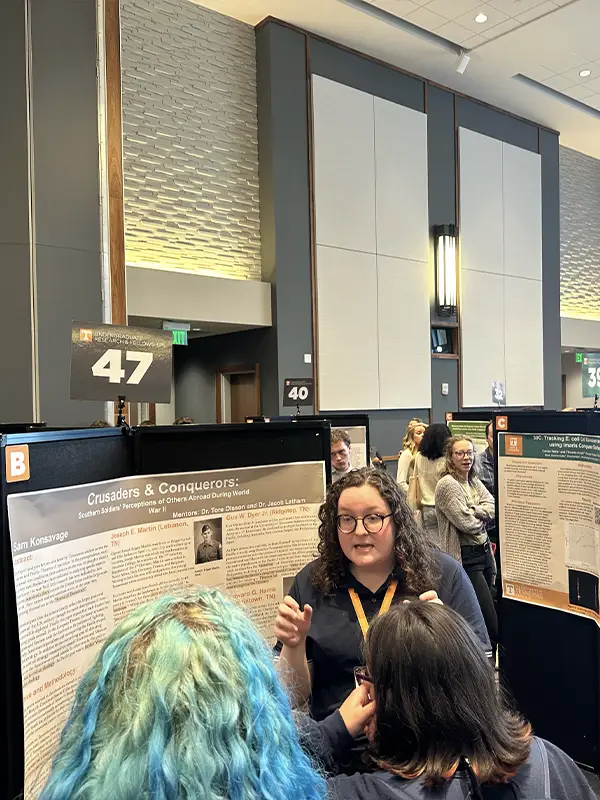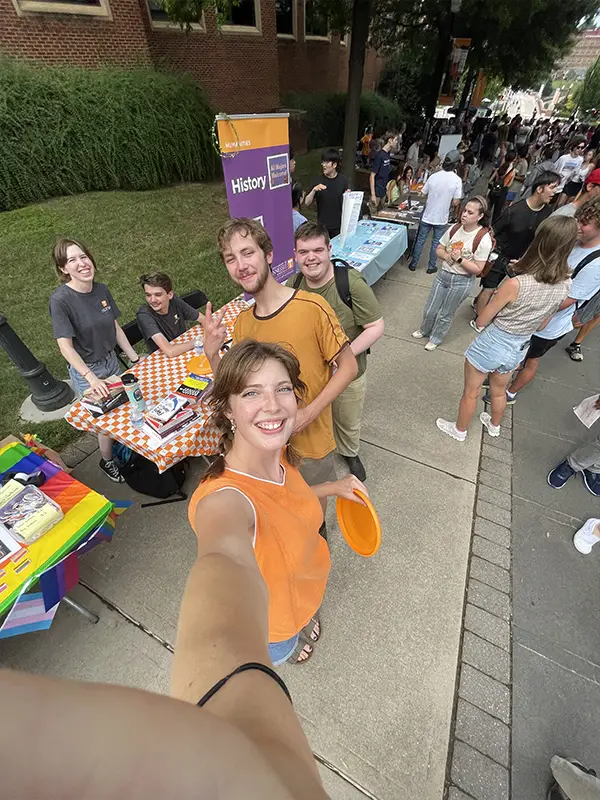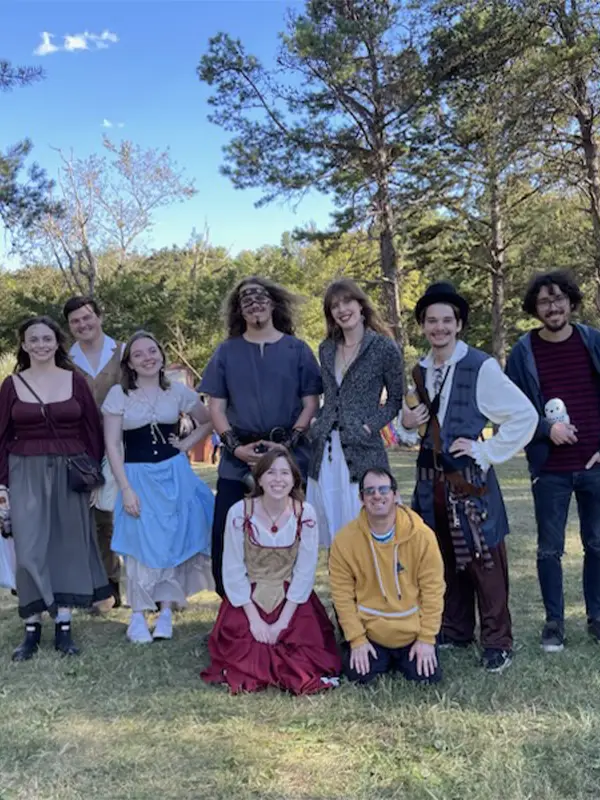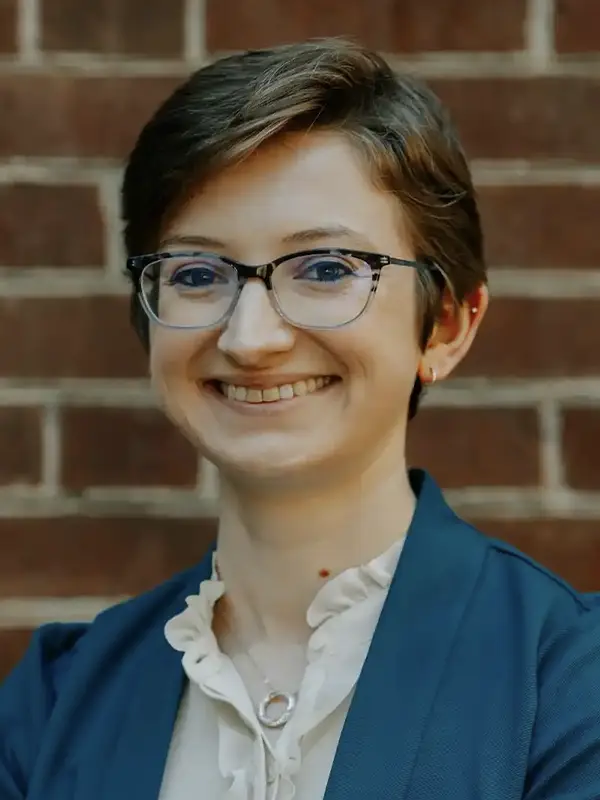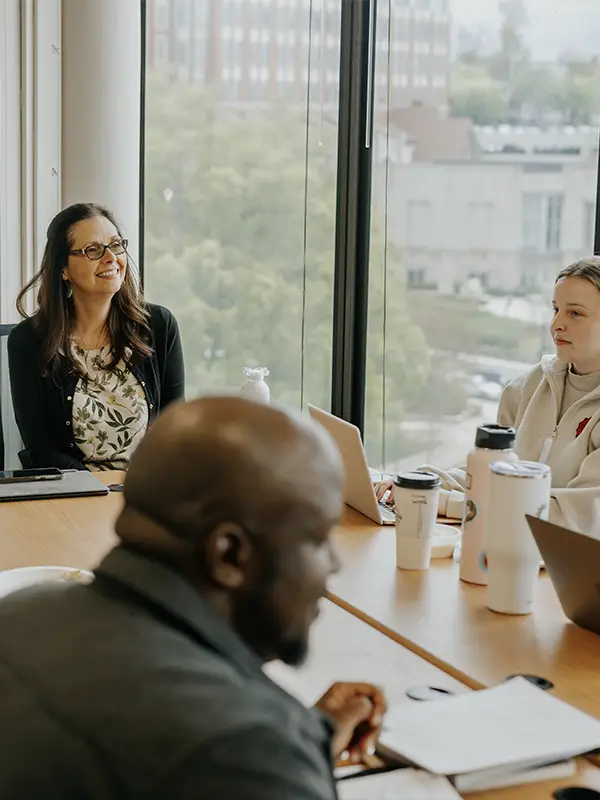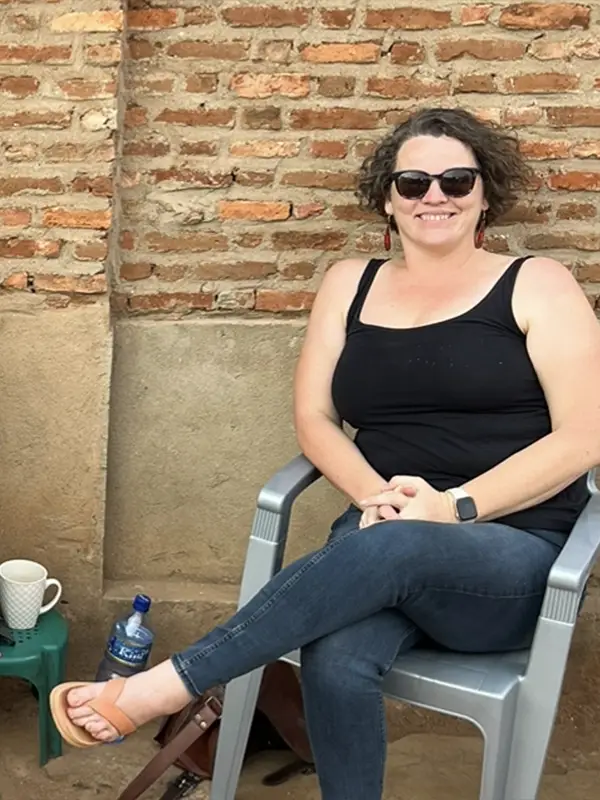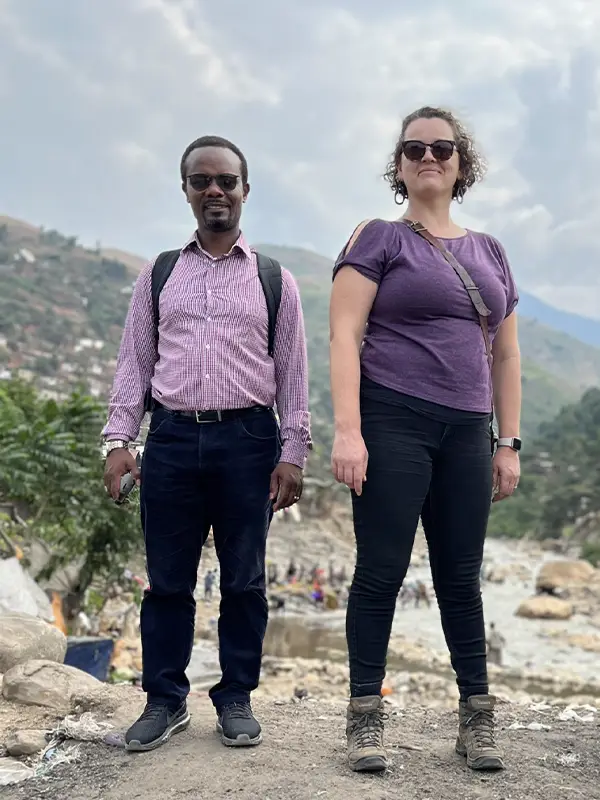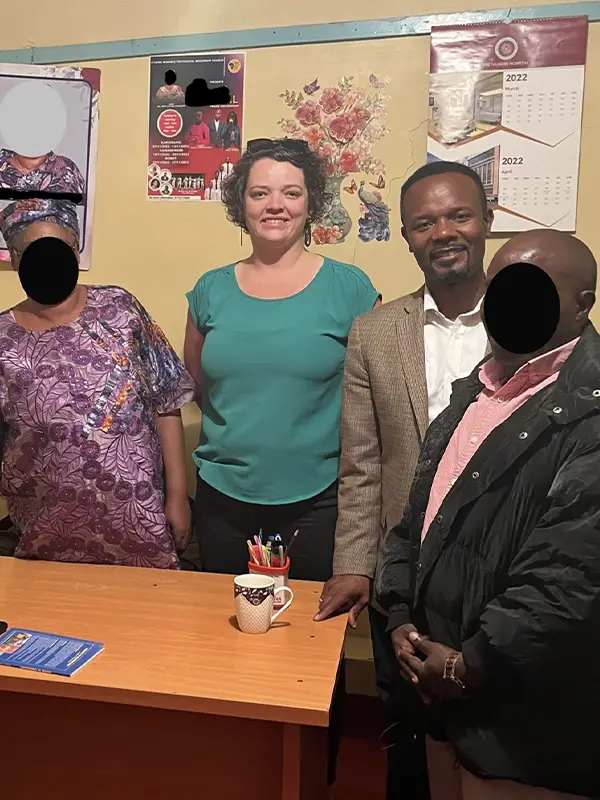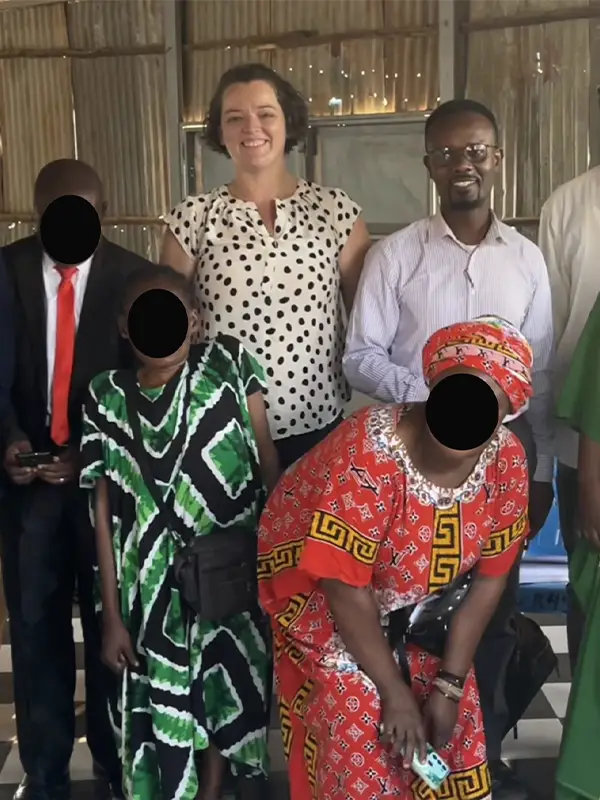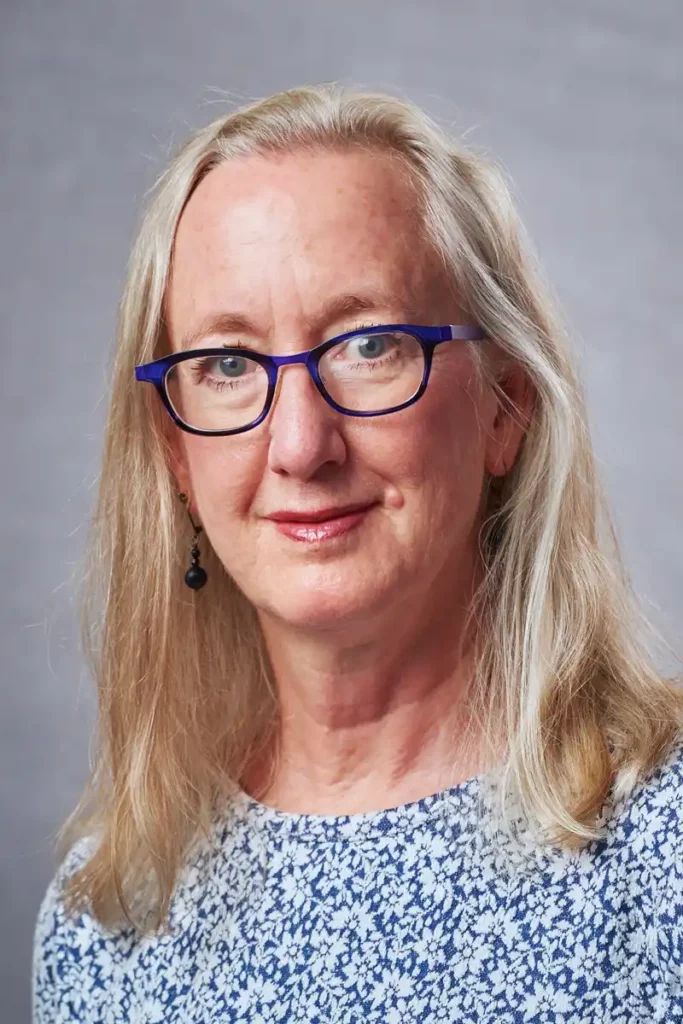Emma Snowden Wins Research Fellowship
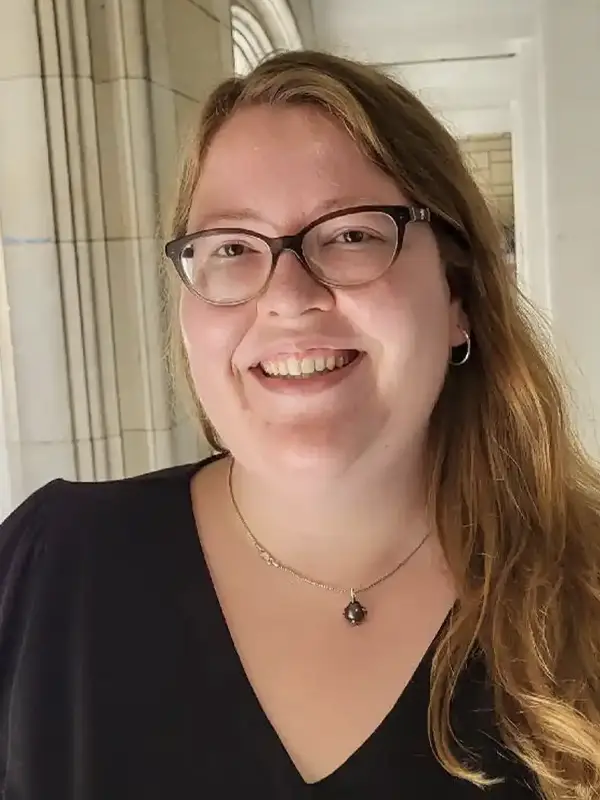
Emma Snowden has been awarded a Kingdon Fellowship at the Institute for Research in the Humanities at the University of Wisconsin-Madison, where she will be in the 2024–20255 academic year. On the UT history faculty since 2023, Snowden researches the history of the medieval Mediterranean, focusing on Iberia and North Africa. She is currently working on her first monograph, Narrating Conquest and Colonization in the Medieval Western Mediterranean. This book project draws on Arabic, Latin, and Romance chronicles from the eighth through the 14th centuries to examine how Muslims and Christians narrated political and religious conflict, exploring the extent to which writers across the Strait of Gibraltar viewed their history as a shared one and wrote within a common historical framework.
